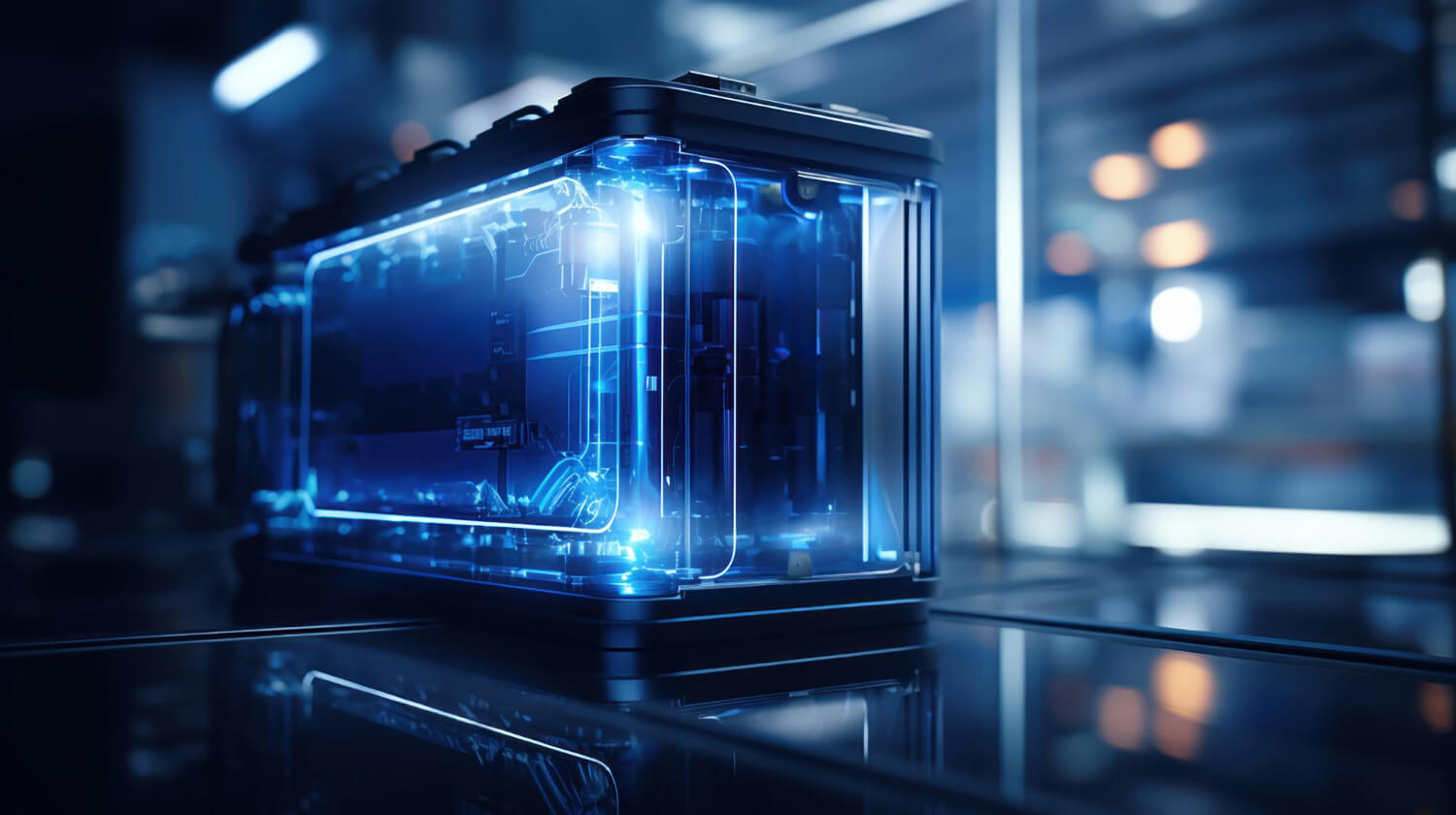Your computer stores temporary data, known as cache, to speed up processes and enhance your browsing experience. However, over time, this cache can accumulate and slow down your system. Regularly clearing your cache is essential for maintaining optimal performance and security. In this article, we’ll explore why clearing your cache is important and how tools like FileCleaner.com can simplify the process.

Cache files are temporary files stored by Windows and applications, including web browsers, to load frequently accessed data quickly. These files help websites load faster, but they also consume disk space and can lead to performance issues if not managed properly.
1. Improves System Performance
Over time, cache files build up, consuming valuable storage space and slowing down your computer. By regularly clearing the cache, you can free up disk space and keep your system running smoothly.
Example: If you notice your browser or applications running slowly, a cluttered cache could be the culprit. Removing it helps improve speed and responsiveness.
2. Fixes Website and Application Errors
Have you ever encountered a website that won’t load correctly or an application that crashes? Corrupt cache files can cause these issues. Clearing the cache refreshes stored data and ensures that websites and applications function properly.
Example: If a website isn’t displaying new updates, clearing the cache forces the browser to load the latest version instead of using outdated data.
3. Enhances Privacy and Security
Cache files store browsing history, login details, and other personal data. If left uncleared, this information can be accessed by cybercriminals or unauthorized users.
Example: If you use a shared or public computer, clearing the cache prevents others from viewing your browsing activity or accessing stored credentials.
4. Frees Up Disk Space
Large cache files can take up gigabytes of storage over time. If you’re running low on space, clearing the cache can provide immediate relief.
Example: Windows stores temporary update files that can pile up. Deleting them can recover significant storage space.
5. Helps Prevent Malware and Corruption
Some malware hides in cache files. Regularly deleting these files reduces the risk of infections and keeps your system secure.
Example: If you recently removed malware from your computer, clearing the cache ensures that no infected files remain.
You can manually delete cache files, but using a dedicated tool like FileCleaner.com makes the process easier and more effective.
For a hassle-free way to clear your cache, FileCleaner.com offers an automated solution. It scans and removes unnecessary cache files, freeing up space and improving performance.
Clearing your cache is a simple but essential maintenance task for your Windows computer. It boosts speed, resolves errors, enhances security, and frees up space. Instead of manually deleting files, use FileCleaner.com to automate the process and keep your system running at its best.